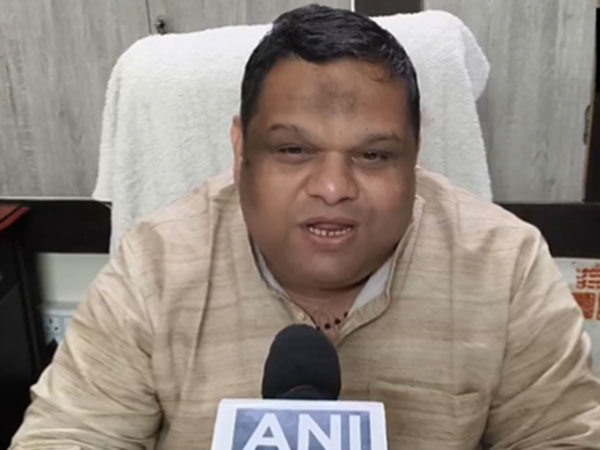Supreme Court Upholds UP Madrasa Act, Sparks Debate on Minority Educational Rights
The Supreme Court's validation of the UP Madrasa Education Act prompts disappointment from former NCPCR Chairperson Priyank Kanoongo over unaddressed constitutional rights of madrasa students. Kanoongo appreciates the court's recognition of concerns regarding non-Muslim students receiving Islamic education. The ruling also highlights limitations on regulating higher education while affirming minority rights.

- Country:
- India
The Supreme Court's decision to uphold the Uttar Pradesh Board of Madrasa Education Act, 2004, has sparked a mixed reaction, particularly from Priyank Kanoongo, former Chairperson of the National Commission for Protection of Child Rights (NCPCR). Kanoongo voiced disappointment over the court's silence on the constitutional rights of madrasa students.
He noted that while the court recognized concerns about Hindu students receiving Islamic education in government-funded madrasas, it missed an opportunity to address broader constitutional rights. This issue was highlighted in Paragraph 76 of the judgement, where a previous ruling excluded the Right to Education from applying to minority schools.
The ruling sparked discussions on educational standards, with the bench declaring the Act unconstitutional for regulating higher education related to 'Fazil' and 'Kamil' qualifications. The Supreme Court clarified that minority schools are subject to state regulation, aiming to ensure a standardised quality of education across Uttar Pradesh.
(With inputs from agencies.)










